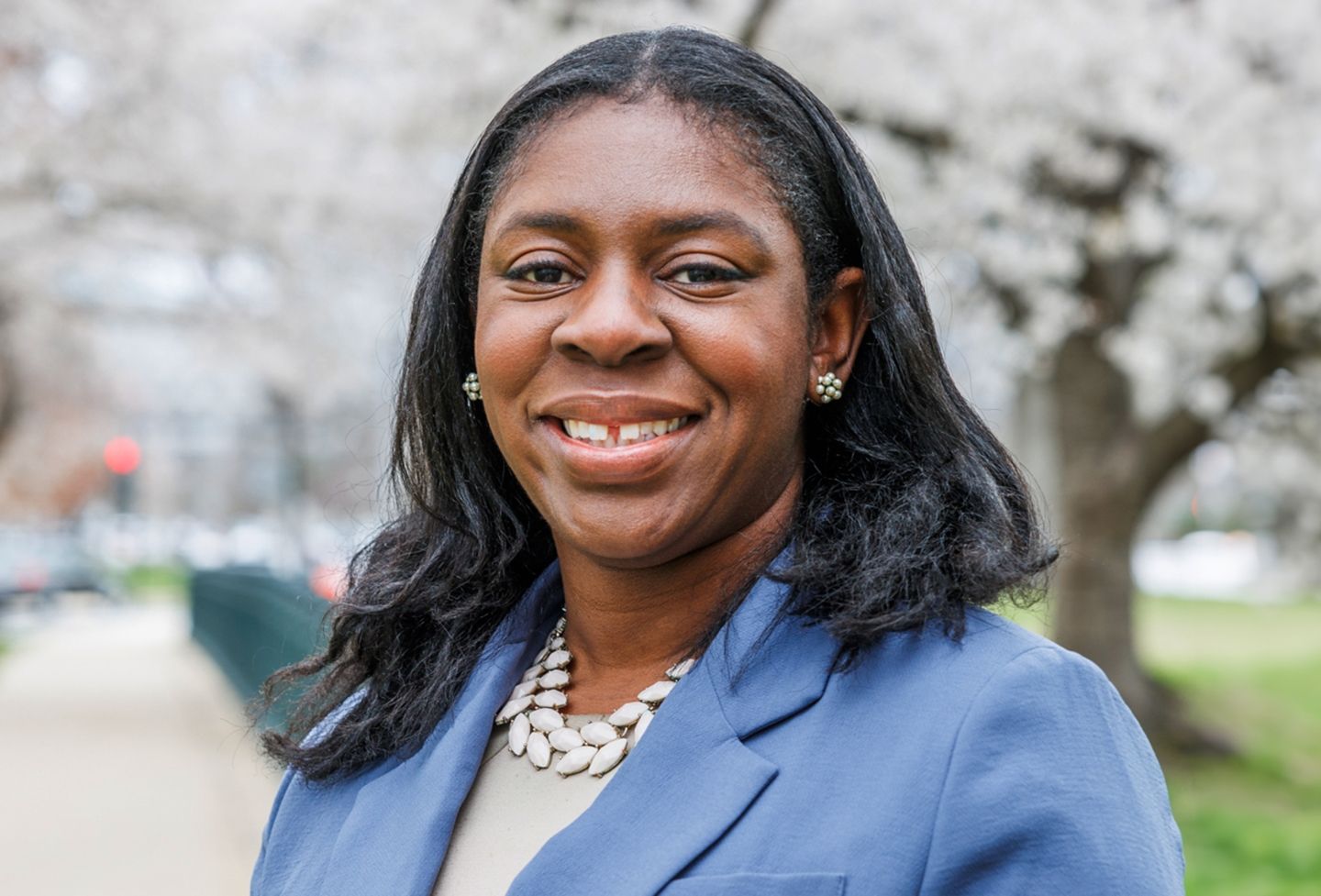Committee Recommends Targeting Adults to Reduce Underage Drinking
Adults should be the target of nation-wide efforts to curb underage drinking, according to a report from a National Research Council and Institute of Medicine committee chaired by Law Professor Richard J. Bonnie, Director of the Institute of Law, Psychiatry, and Public Policy at the University of Virginia.
"Alcohol use is normative behavior among adults. More than 120 million Americans, mostly adults, drink more than 4 billion drinks per month. Annual revenues of the alcohol industry amount to some $116 billion. The challenge, then, is how to reduce underage drinking in a context where adult drinking is widespread and commonly accepted," said Bonnie in a Sept. 9 press conference announcing the findings. "All of us, acting in concert, must take the necessary steps to reduce the availability of alcohol to underage drinkers, to reduce the attractiveness of alcohol to young people, and to reduce opportunities for youthful drinking."
Costing the nation an estimated $53 billion a year, underage drinking is both more expensive and more dangerous than many Americans realize. Bonnie noted that teen drinking not only causes $19 billion in car accidents every year, but impairs long-term development and is linked to violence, suicide, academic failure, and other harmful behaviors such as unsafe sex. Youths also drink more heavily than adults — a 2002 Monitoring the Future survey revealed that more than a quarter of high school seniors said they had five or more drinks in a row in the last two weeks, Bonnie added.
In response to a congressional request, the Committee on Developing a Strategy to Reduce and Prevent Underage Drinking reviewed a wide variety of governmental and non-governmental programs in order to develop a comprehensive national strategy to reduce and prevent underage drinking. The resulting report urged action from parents, the media, federal and local governments, and the alcohol industry to curb underage drinking, including a national media campaign aimed at adults to raise awareness of the risks and to motivate them to monitor their own households, neighborhoods, and businesses.
"Youth often get their alcohol from adults, and many parents downplay the extent of the problem and are unaware of their own kids' drinking habits," Bonnie said. "The sad truth is that many adults facilitate, enable and condone underage drinking."
The committee also recommended tightened compliance with existing laws prohibiting selling alcohol to those under 21, through steps such as requiring mandated training for sellers and servers of alcohol and improving fake-ID detection.
The committee also took aim at advertisers and the industry for marketing alcohol during TV programs that reach a larger percentage of underage viewers, and for designing products and ads to appeal directly to youths. Bonnie said that although the industry recently agreed to limit the underage threshold to 30 percent, a larger cut is needed. The report also asked the alcohol industry to join with private and public groups in creating an independent, non-profit foundation focused on researching and implementing solutions to underage drinking. Current efforts by the industry have rarely been evaluated, Bonnie said, and the profits they make from underage drinking outweigh their investment in such programs thus far. "We think it is reasonable to expect the industry to do more than it is now doing as part of the genuine national partnership to reduce underage drinking."
The report said the entertainment media has a responsibility to limit images and lyrics that glamorize alcohol use in programs or songs aimed at young audiences. The report suggests a ratings system — similar to those in place for drug abuse — in the music, TV, and film industries to warn viewers and parents about unsuitable content for children concerning alcohol consumption.
Industry efforts to reduce underage drinking should be monitored by the U.S. Department of Health and Human Services, Bonnie said, and reported to Congress and the public regularly. To pay for such publicly funded programs, the committee recommended raising taxes on alcohol, "especially on beer, which is the alcoholic beverage that young people drink most often," Bonnie said. Noting that alcohol is relatively cheaper today than it was 30 or 40 years ago, he added that tax rates should keep pace with inflation. Just increasing taxes on alcohol may reduce underage drinking, since teens may not be able to afford the higher prices.
"As a national community, we need to focus our attention on this serious problem and accept a collective responsibility to address it," Bonnie said. "This is an admittedly difficult challenge, but our country can do much more than we are now doing. We need to develop and implement effective ways to protect young people from the dangers of early drinking while we also respect the interests of responsible adult consumers of alcohol."
Founded in 1819, the University of Virginia School of Law is the second-oldest continuously operating law school in the nation. Consistently ranked among the top law schools, Virginia is a world-renowned training ground for distinguished lawyers and public servants, instilling in them a commitment to leadership, integrity and community service.


